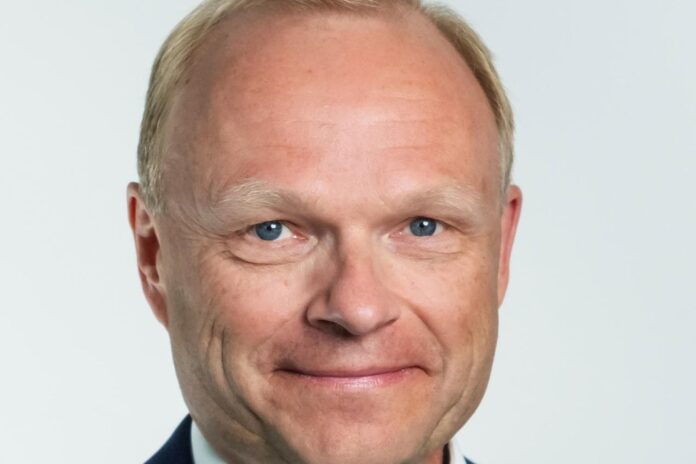Surprise Q1 profits from cost cutting and network slicing devices
Equipment maker Nokia reported a stronger-than-expected quarterly operating profit on Thursday, helped by higher demand for 5G gear despite supply chain constraints.
The Finnish company has been gaining ground against Sweden’s Ericsson and China’s Huawei, according to Reuters, which attributes this to more competitive products being created after investing heavily in research and cutting costs from other areas. “Demand in our end-markets remains high, and although supply chain constraints continue to impact our growth, we delivered 1% constant currency net sales growth in Q1,” Chief Executive Officer Pekka Lundmark said in a statement.
Lundmark achievement
Lundmark has focused on cutting costs and has revised the product portfolio that didn’t fully exploit the demand for 5G hardware. Nokia is now befitting from higher demand in the Americas, Europe and parts of Asia. India, which has the potential to be a huge consumer of 5G infrastructure, has yet to start full-scale rollouts.
Nokia-ed it out the park
Network infrastructure grew 9% in constant currency, driven by strong demand in both fixed and submarine networks. The company’s first-quarter comparable operating profit rose to €583 million ($613 million) from €551 million in 2021, sailing over the pessimistic €513 million mean forecast of 11 analysts polled by data analyst Refinitiv. The company also ratified its full-year net sales outlook of between €22.9 billion and €24.1 billion on constant currency basis.
Sanctions bluster
In March it was reported that Europe’s top infrastructure makers Nokia and Ericsson could be punished for trade sanctions imposed on Russian companies by being frozen out of its long-term future 5G building plan. In April, Nokia announced a pullout from Russia that would lead to a provision of €100 million but, despite this, it has still retained its full-year outlook.



